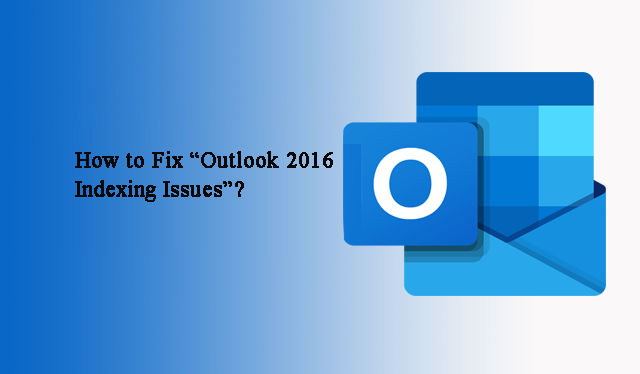Introduction:
In today’s digital landscape, visibility and accessibility are paramount for any website’s success. Search engines like Google act as gateways to your website, serving as the initial point of contact for potential customers. Page indexing, a crucial aspect of SEO, ensures that search engines can discover and understand your web pages, ultimately making them eligible for ranking in search results. When pages fail to get indexed, they become invisible to search engines, effectively hiding them from the world.

Image: smallseotoll.blogspot.com
This comprehensive guide will empower you with the knowledge and strategies to effectively fix page indexing issues and unlock the full potential of your website. We will delve into the intricacies of indexing, its significance, and provide practical solutions to tackle common indexing challenges. By embracing the insights within, you will gain a competitive edge, ensuring that your web pages attain the visibility they deserve.
Obstacles to Page Indexing: Identifying and Addressing the Challenges
-
Structural Barriers: Page indexing issues can arise from structural deficiencies within your website. Complex site architecture, broken links, and orphaned pages hinder search engines from efficiently crawling and indexing your content.
-
Content Deficiency: Thin or irrelevant content fails to provide value to users and search engines alike. Search engines prioritize pages that offer unique and compelling information that resonates with users’ search queries.
-
Technical Impediments: Technical issues, such as server errors or robot.txt misconfigurations, can prevent search engines from accessing or indexing your pages.
-
Duplicate Content: When identical or highly similar content exists across multiple pages, search engines may struggle to determine which page to index and rank, leading to potential indexing issues.
-
Manual Actions: In certain cases, websites may encounter manual actions imposed by search engines due to violations of webmaster guidelines. These penalties can result in pages being de-indexed or losing visibility in search results.
A Comprehensive Toolkit for Resolving Indexing Issues:
-
XML Sitemaps and Robots.txt: Ensure your website has an up-to-date XML sitemap that clearly outlines all the pages you want search engines to index. Additionally, verify that your robots.txt file does not inadvertently block search engine crawlers.
-
Page Optimization: Craft high-quality, informative, and keyword-rich content that aligns with users’ search intent. Optimize page titles, meta descriptions, and use descriptive header tags to provide context and enhance visibility.
-
Technical Audits and Diagnostics: Conduct comprehensive technical audits to check for any potential website issues, including server errors, broken links, and crawling errors. Address any technical deficiencies promptly to ensure smooth indexing.
-
Disavow Low-Quality Backlinks: If your website has acquired backlinks from low-quality or spammy sources, consider disavowing them to avoid potential negative impact on indexing.
-
Canonicalization and 301 Redirects: Use canonical tags or 301 redirects to indicate the preferred version of a page, resolving issues caused by duplicate or near-duplicate content.
-
Request Indexing: Directly submit your web pages to search engines for indexing using tools like Google Search Console or Bing Webmaster Tools. This prompts search engines to prioritize crawling and indexing your newly added or updated pages.
-
Monitor and Track Progress: Leverage website analytics tools to monitor the indexing status of your pages and track improvements over time. Regularly review search engine logs and webmaster tools for any notifications or alerts related to indexing issues.
Conclusion:
Optimizing page indexing is a crucial aspect of SEO that enables search engines to discover, understand, and rank your website’s content. By addressing common indexing issues and implementing the strategies outlined in this guide, you can maximize the visibility and accessibility of your web pages, driving organic traffic and achieving your desired SEO goals. Remember to stay updated with the evolving landscape of search engine algorithms and best practices to ensure your website remains indexed and continues to thrive in the digital realm.

Image: datahelpsoftware.com
How To Fix Page Indexing Issues